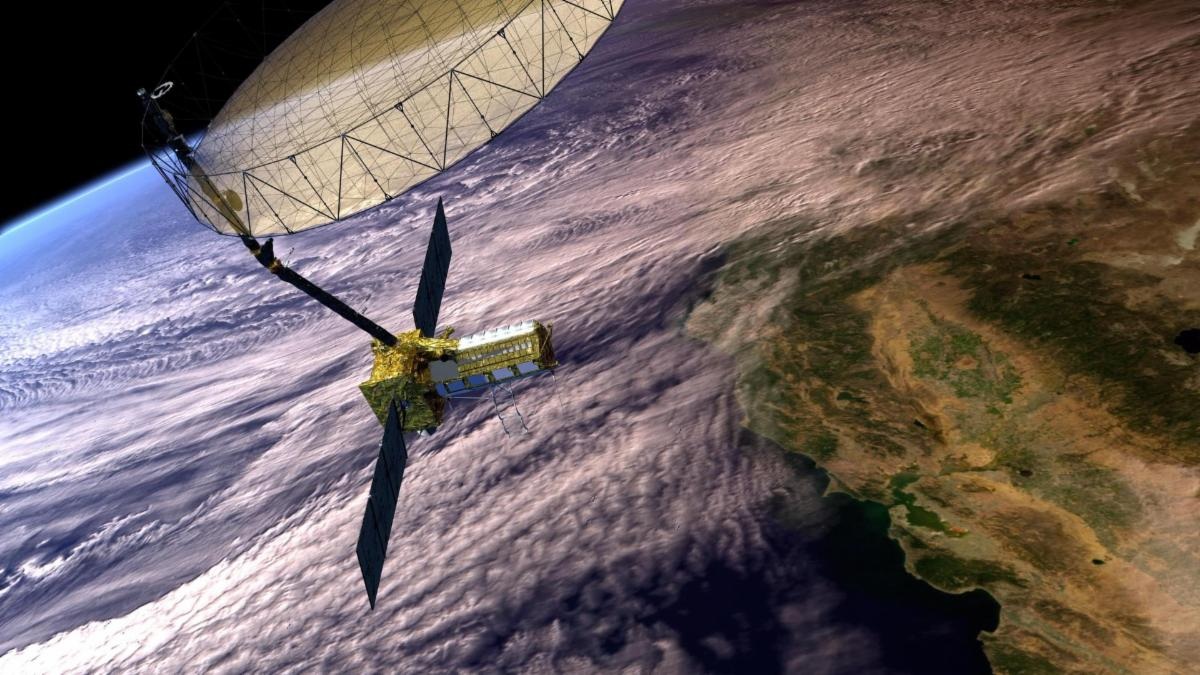Washington, DC: Senegal has officially joined the Artemis Accords, becoming the 56th nation to pledge commitment to responsible and peaceful space exploration. The landmark agreement was signed Thursday at NASA headquarters, marking a milestone in US-Senegal space cooperation and emphasizing the growing international coalition aimed at shaping the future of outer space activities.
The signing ceremony took place at NASA’s headquarters in Washington, D.C., witnessed by key dignitaries and space officials. Maram Kairé, Director General of the Senegalese Agency for Space Studies (ASES), executed the agreement on behalf of Senegal. Attending the ceremony were Jonathan Pratt, senior official for African Affairs at the U.S. Department of State, and Abdoul Wahab Haidara, Senegal’s ambassador to the United States.
Acting NASA Administrator Sean Duffy highlighted the event’s significance, “With Senegal as the 56th signatory, I am proud to further President Trump’s strong legacy of global cooperation in space,” Duffy stated. He referenced the strengthened diplomatic ties following a recent meeting between Senegal’s President Bassirou Diomaye Faye and President Trump in Washington, which focused on enhanced U.S.-Africa engagement.
Director General Kairé described the signing as a “meaningful step in our space diplomacy,” emphasizing Senegal’s dedication to a multilateral, transparent, and responsible approach to space, “Senegal’s adherence to the Artemis Accords reflects our commitment to a multilateral, responsible, and transparent approach to space. This signature marks a meaningful step in our space diplomacy and in our ambition to contribute to the peaceful exploration of outer space.”
Senegal’s cooperation with NASA is not new. Senegalese astronomers have been instrumental in several scientific campaigns, particularly in observing celestial events such as asteroid and planetary occultations. A notable collaboration occurred in 2021, when Kairé and a team of astronomers worked with NASA to position telescopes along the path of asteroid Orus’ shadow, gathering crucial data now linked to NASA’s Lucy mission—an initiative set to explore Jupiter’s Trojan asteroids in 2028.
The Artemis Accords: Principles and Purpose
First introduced in 2020 during the Trump Administration in partnership with NASA, the U.S. Department of State, and seven founding nations, the Artemis Accords establish a practical framework for civil space exploration.
Key Principles of the Artemis Accords:
- Commitment to peaceful, transparent, and cooperative civil space activities.
- Promoting open sharing of scientific data and discoveries.
- Ensuring mutual aid between nations during space missions.
- Preservation of significant historical sites and artifacts.
- Building best practices for sustainable exploration of the Moon, Mars, and beyond.
The Accords serve as a voluntary, multilateral agreement designed to ensure that space remains accessible and beneficial to all of humanity. By joining, Senegal affirms its intention to operate in harmony with established norms and international partners for the peaceful advancement of space exploration.
NASA officials anticipate continued expansion of the Artemis Accords community in the coming months, as globalization of space activities accelerates. With Senegal’s participation, Africa further cements its role in the emerging international space regime, and the groundwork is laid for greater scientific exchange and capacity-building in years to come.
As more nations look skyward, the Artemis Accords offers an opportunity for safe, collaborative, and visionary space endeavors for all.





